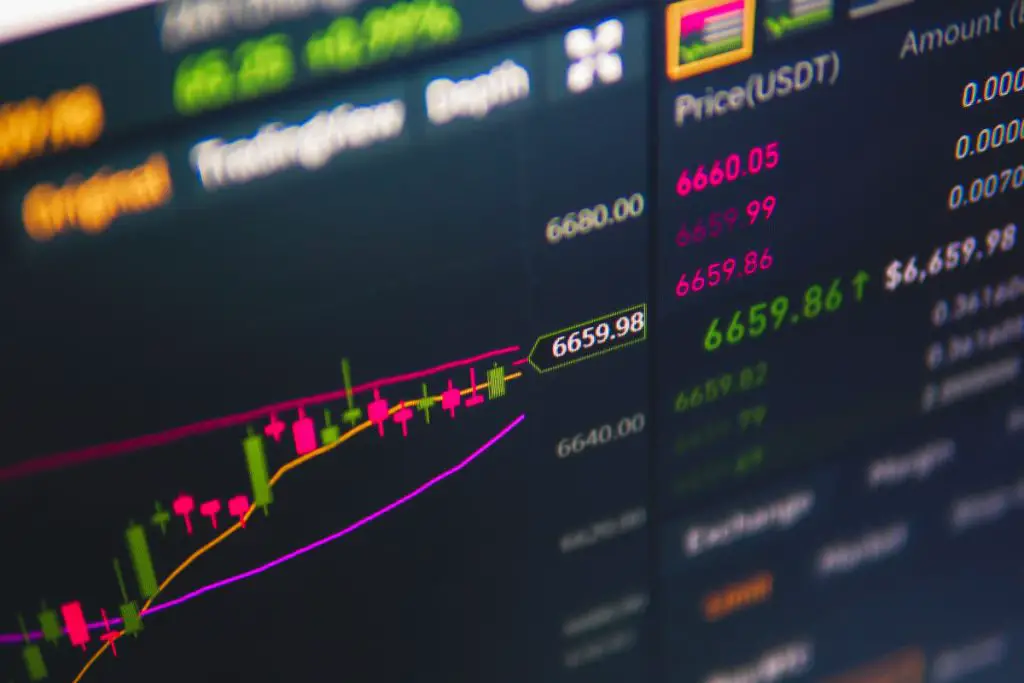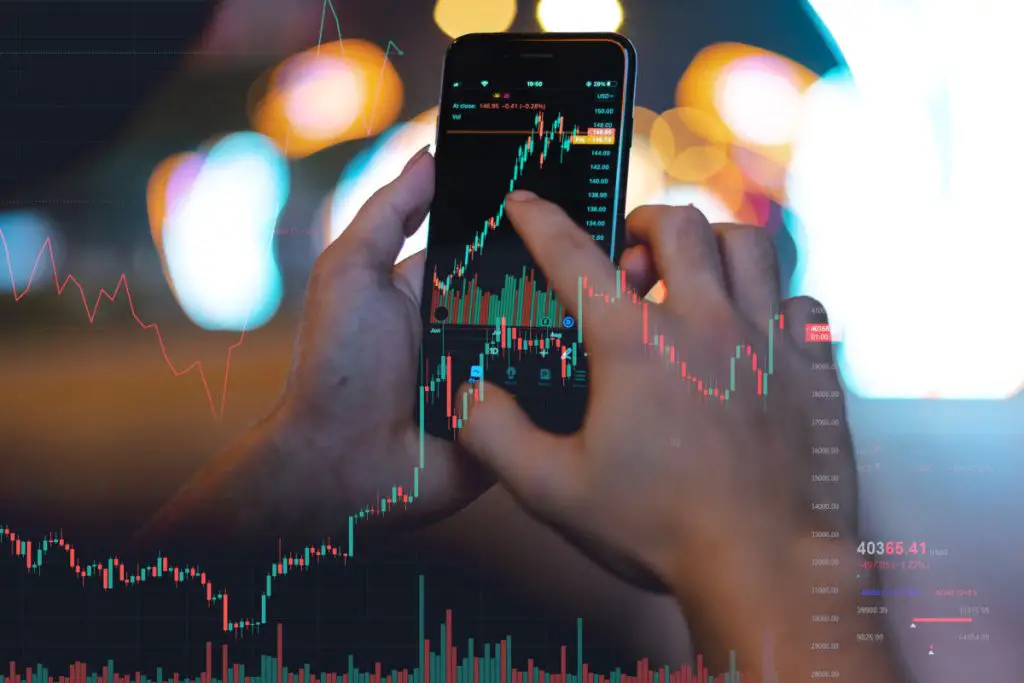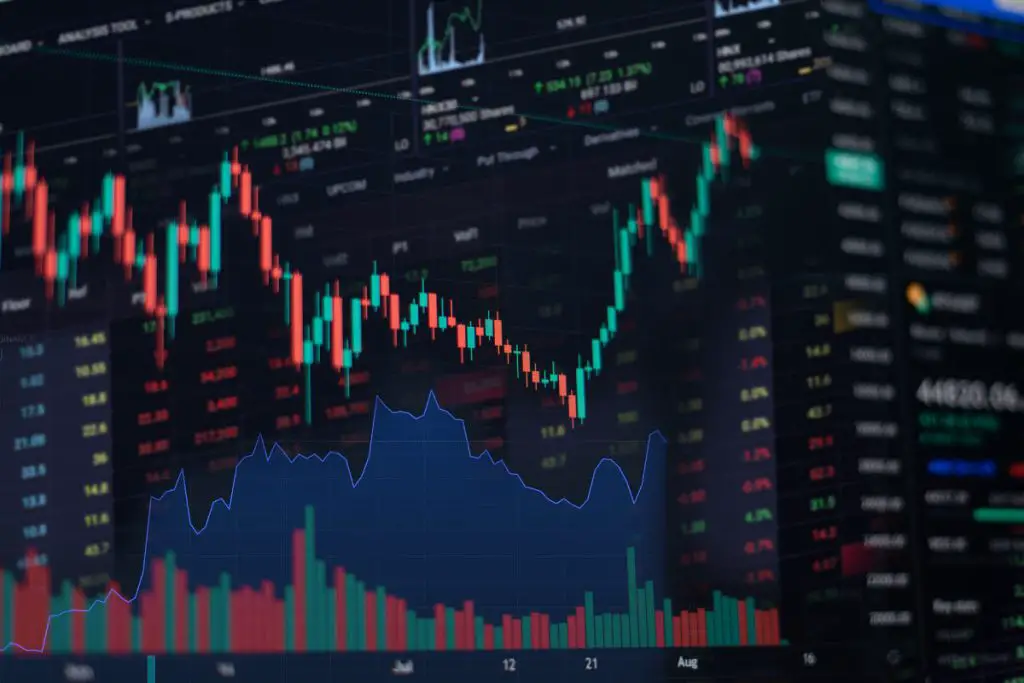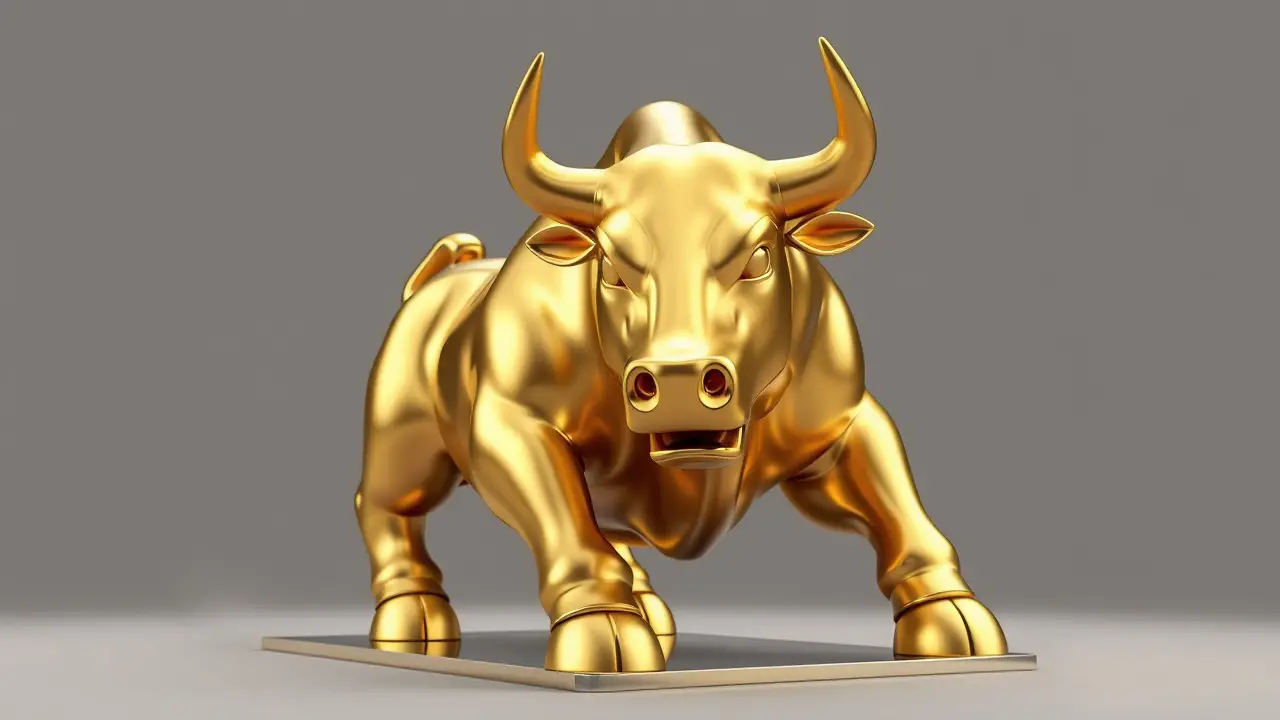How often exchange rates change? Whether you’re planning a holiday overseas, or thinking of sending money to family in a different country, knowing how often exchange rates change can help you work out what is the best day to make your purchase.
It is a frequent question: how often does the exchange rate change? How often does it happen that the price of a single currency changes? According to our statistics, changes in rates occur every day on average 8.7 times.
The currency pair EUR USD in the first place, changes with a frequency of 14.05 times per day, and to USD EUR – 12.21. What affects changes in the exchange rate?
Currency exchange rates are affected by just about everything from political events (the recent Brexit vote) to economic indicators released by national governments.
Industry news can affect rates as well and reports on things like interest rate movements or fluctuations in inflation/deflation can have an impact (think oil prices, which account for much pricing).
Basic economic principles also play their role, as do investor sentiments, expectations and emotions including fear and panic (for example following world events such as the 2008 financial crisis).
In order to respond to this wide variety of factors affecting exchange rate trends, major exchanges around the world will often intervene if they feel the need to update their prices.
Key takeaway point
- How often exchange rates change?
- Do exchange rates always change?
- Why do exchange rates change daily?
- Do exchange rates fluctuate on weekends?
- What day of the week is best to exchange currency?

How often exchange rates change?
The answer to this question depends on the currency pair. Currency pairs that trade most frequently are the USD/JPY, EUR/USD, GBP/USD, USD/CAD and USD/CHF. These currencies are traded by banks and financial institutions who need to hedge their positions very frequently.
For example, if a bank has sold 6 million Euros in the spot market, it will have to buy back its position within a few days or even hours if it is not hedged properly.
The less liquid currencies such as the AUD/CAD or NZD/USD tend to have longer intervals between rate changes because they are less actively traded. However, this may change at any time if there is a sudden move in one of these currencies against another currency or commodity such as oil or gold.
Another factor that affects how often exchange rates change is whether or not you are buying a currency pair outright (spot), or taking an option position on a future date where there may be several more rate changes before expiration date arrives.
More insight exchange rates can change every day, but most currencies only change a few times a year. Exchange rates are often quoted as the price of one currency in terms of another. For example, you might see the dollar quoted against the euro as USD/EUR 1.20; this means that one dollar would buy €1.20.
The exchange rate between any two currencies is constantly changing because of market forces such as supply and demand, economic conditions and political events.
When you buy or sell foreign currency, you will be charged a commission by your bank or broker. This commission is known as the spread and reflects their costs plus a profit margin.
Read more article: Learn Forex Trading Step by Step

Do exchange rates always change?
Exchange rates are the price of one country’s currency in terms of another’s. So if the pound is worth $1.50 and then it rises to $1.55, this is an increase in its value relative to the dollar.
And if it falls from $1.50 to $1.45, this is a decrease in its value.
If the pound goes up against the dollar, then it becomes more expensive for Americans to buy things made in Britain – because they have to pay more pounds for them than they used to.
So British exports become more expensive for Americans and American imports become cheaper for British consumers (and vice versa).
In general, exchange rates do change. The value of the pound in relation to the dollar is constantly changing and it can be hard to predict what will happen in the future.
But there are never any guarantees that exchange rates will change – even when there are big changes in an economy or political situation.
This makes them very hard to predict, which can make it difficult for businesses who rely on foreign trade or exporters wanting to sell their goods abroad.
Changes in exchange rates mean that the cost of imports and exports fluctuates. For example, if a company imports raw materials from abroad and then uses them to make products for sale in the UK.
Then changes in currency value could affect their profits by making their products more expensive or less expensive than they were before.
When comparing different currencies against each other, there are usually three different figures given: The spot rate is the current rate at which one currency can be exchanged for another currency today.
You’ll see this figure quoted on TV news bulletins or online when talking about how much something costs overseas compared with how much it costs in Britain today – e.g., £1 = $1.20 (or whatever).

Why do exchange rates change daily?
The value of a currency is determined by the market forces of supply and demand. These forces can come into play daily, as the world financial markets open for business.
The reason why exchange rates change daily is because of the market forces at play. The market opens at 9:30am Greenwich Mean Time, or GMT (which is also known as UTC).
This time zone makes it easier for traders from around the world to trade with one another.
When looking at a chart of USD/EUR, you’ll see that there are times when their exchange rate changes drastically and other times when their rate barely moves at all.
This is because there are many factors that affect the value of currencies, including interest rates, economic growth, inflation and more.
Economic growth: As an economy grows, its currency is likely to appreciate in value. For example, if the United States experiences stronger economic growth than China, the dollar would be expected to strengthen against the yuan.
Interest rate differentials: If interest rates are higher in one country than another, investors may seek higher returns by investing in the country with higher interest rates.
This would lead to an appreciation of the currency of that country because it attracts more investment flows.
Trade imbalances: Countries with large trade deficits tend to see their currencies depreciate while countries with large trade surpluses tend to see their currencies appreciate.
This is because countries with large deficits will typically run out of foreign reserves and need more currency to buy goods and services from abroad while countries with large surpluses don’t need as much foreign currency due to their ability to sell goods and services abroad without having to buy them back later on.
Geopolitical risks: Political events like wars or political unrest can cause investors to flee certain markets or asset classes entirely until things settle down again (which could take years).
Read more article: Foreign Exchange Market Definition

Do exchange rates fluctuate on weekends?
Yes, they do. In fact, the weekend effect is one of the most common patterns in currency markets. The weekend effect refers to the tendency for currencies to depreciate against their U.S. dollar benchmark on Friday afternoons and recover on Monday morning afternoons.
If you have ever wondered why your currency rates on your Forex account are different from those quoted by your bank or online trading platform, this article is for you!
The value of a currency changes every second of every day and is affected by many factors, including economic conditions, political events, and interest rates.
In fact, it’s impossible to predict how much a currency will move within a given period of time (i.e., how much it will fluctuate).
The only thing we can say with certainty is that there are times when the markets are more likely to experience larger moves than usual. One such time is on weekends.
Most investors don’t work on weekends – but foreign exchange traders do! Without them, the foreign exchange market would be much less liquid – which means there would be fewer buyers and sellers for any given pair.
This could result in wider spreads between the bid and ask prices for currencies (i.e., the difference between what one currency sells for versus another). In addition, these spreads might also increase due to lower liquidity during off-hours trading hours.
In addition to lower liquidity during off-hours trading hours, there are other factors that may contribute to wider spreads between bid and ask prices on weekends.
In particular, banks and other financial institutions often have less staff working on weekends, which means they may not be able to respond as quickly as they would during normal business hours.
Also, although major stock exchanges in most countries are open 24 hours a day, five days a week, many of the smaller exchanges around the world close down for extended periods on weekends or holidays.
As a result of this reduced liquidity and lack of foreign exchange market support during off-hours trading hours, there may be greater opportunities for traders who want to take advantage of these price fluctuations.

What day of the week is best to exchange currency?
The best day of the week to exchange currency is Monday. This is because the weekend is the busiest time for exchanging currency, so if you wait until Monday, you will get a better rate.
Currency dealers have less business on Mondays and need more money to keep their businesses going. As such, they are willing to pay more for your foreign currency than they would on any other day of the week.
The only exception is when there is a holiday or public holiday in your home country or in the country where you are exchanging currency. If that happens, then it may be best to exchange on the nearest working day before or after the holiday.
While others said the best day to exchange currency is Saturday, as this is when banks have the most money to exchange. It is also a good idea to exchange your currency on a weekday, as weekends tend to be busier than weekdays at banks.
The best time of day to exchange currency depends on which bank you are using. Banks tend to change their rates around lunchtime and close at 3 p.m., so it may be best to exchange your money in the morning before banks open or in the evening after they close.
Tuesday
The middle of the week can be a good day to exchange currency because many people are still at work and won’t have time to get down to their bank. This means there’s less competition for rates, which can give you a better deal if you’re buying or selling large amounts of money.
Wednesday
Many banks close on Wednesdays so this is another good day to exchange currency because there are fewer competitors in the marketplace vying for your business. However, some banks will stay open until 5 pm or 6 pm on Wednesday so this isn’t always the case.

Keep in mind
The value of foreign currencies is not fixed. It changes as the supply and demand for these currencies fluctuate or as the interest rates of any particular country change.
This is why you often hear experts recommend that you exchange your overseas currency at least a couple of days before leaving on your trip to avoid unjustified losses.
If you do this, you know that you have to pay the market price when you get home. To get the most out of currency exchange its important to know how to read the exchange rate quotes.
Just remember, rates can move up and down, so keep in mind that if you have a quote, there’s a good chance you could win or lose with the next quote.
Most currencies are bought and sold globally and therefore exchange rates change daily. Currency swap operations (also known as forward contracts) are a two-part operation.
In most cases the client asks to purchase a number of foreign currency units at a certain future day in exchange for a specified amount of domestic currency.
During that future day, if the value of the foreign currency has fallen with respect to the domestic one, the trader will be able to buy from the market what he or she promised to deliver yesterday; otherwise, he or she has to deliver more foreign currency than promised.
Read more article: Foreign Exchange Market Today
Never Loss Trading Forex Ever Again Try TCC
Download Free Binary Option Slayer fix











Leave a Reply